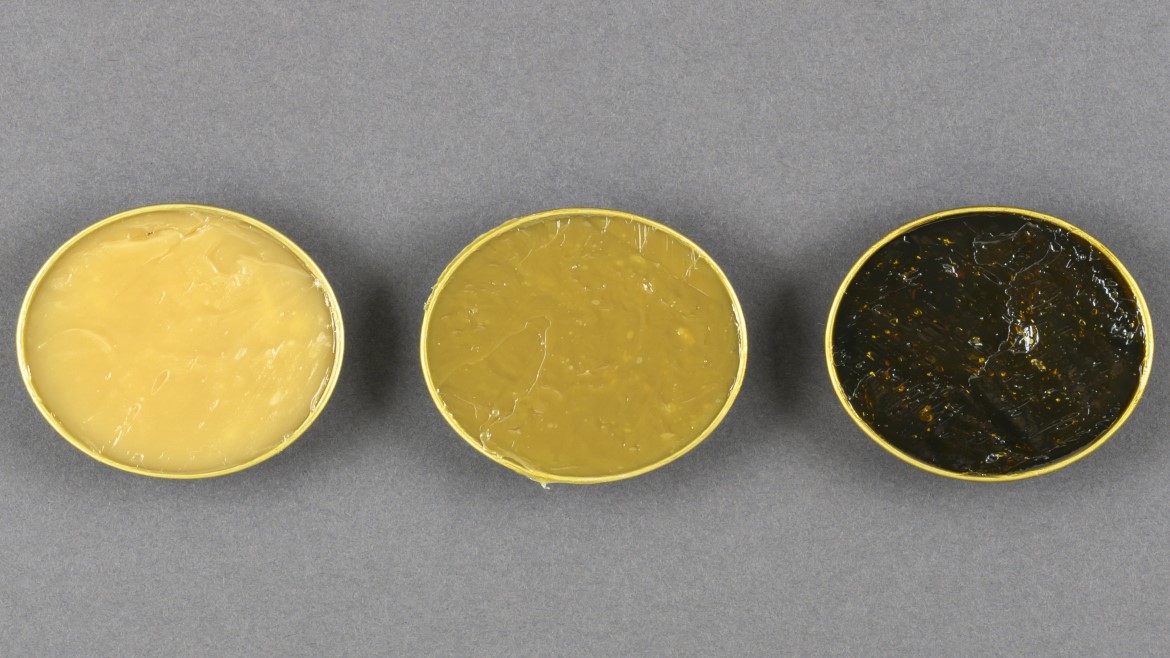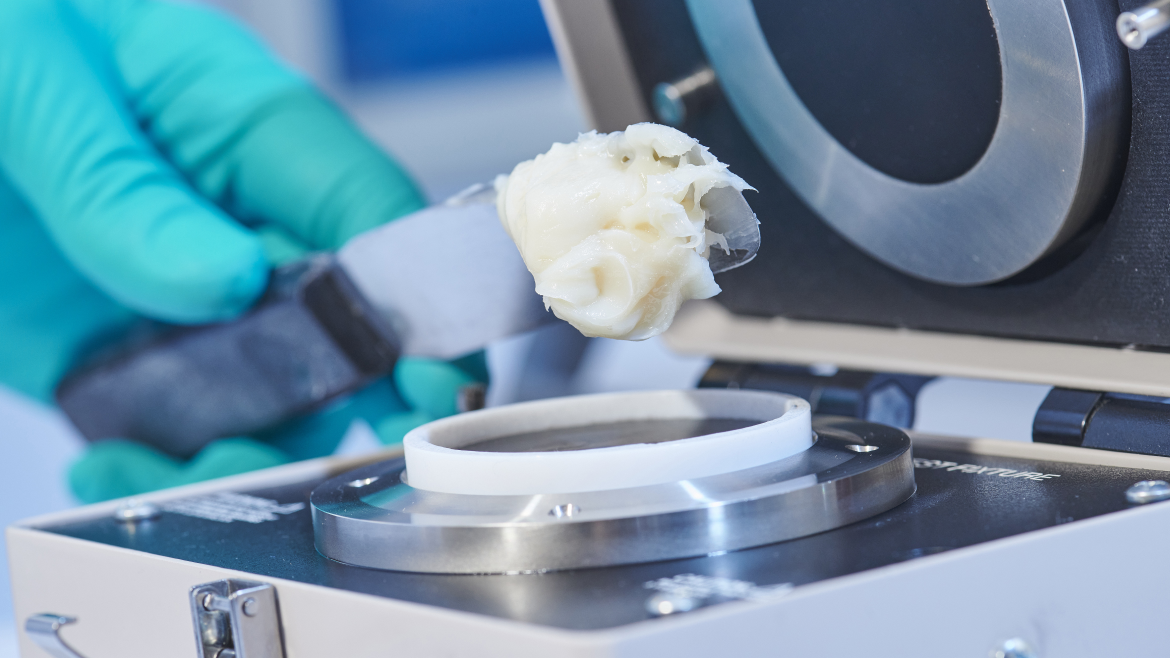May 17, 2024
Posted by Gareth Fish, PhD, DIC, BSc (Hons), ARCS, CSci, CLS, GLGS, Technical Fellow, Industrial Additives
Most lubricants are composed of various performance additives blended with a suitable base oil to create a finished product. What sets grease apart from most lubricants is the addition of a thickener. Thickeners typically make up between 3 and 40 wt% of a grease and are responsible for its characteristic semi-solid state and a range of its desirable physical properties. By far the most common thickeners are Lithium based.
Lithium Domination Persists
According to data presented at the 2023 NLGI Annual Meeting, lithium-based thickeners account for around 60% of the global thickener production, down from 77% of the market in 2013. In Europe, lithium-based thickeners owned a 68% share of the market in 2022. In North America, lithium thickeners are at 60 wt% of the market, down from 68 wt% in 2016. While its market percentage is down slightly, lithium domination persists, and for good reason. It has been a fixture in the grease market since the 1940s because of its favorable benefits, including its ability to form a mechanically stable fiber structure, its excellent compatibility with a range of base oils, polymers, and additives, and its excellent durability for long term use.
Lithium Dodges Supply and Price Crunch…For Now
The benefits of lithium thickeners help explain why lithium grease has found wide usage in a range of industrial and transportation related applications. The fact is that lithium-based grease is so widespread that any disruptions in the supply of lithium could have immediate detrimental effects on many current product lines. Recently, competition from the battery market was thought to be a major threat to the lithium supply for grease. This hypothetical supply crisis would certainly cause lithium grease products to experience severe cost and production pressures. While lithium hydroxide monohydrate (LHM) prices doubled and, in some regions, tripled in 2016, the price did not skyrocket until 2022. However, by May 2024 the price decreased significantly and is stable at around $18 per kilogram. It seems that, at least for a time, a supply and price threat to lithium grease has been averted.
The Regulatory Problem with Lithium Hydroxide
While LHM is not currently experiencing price and supply pressures, an equally significant threat to a grease market deeply invested in lithium soap thickeners has arisen. The European Union’s Chemicals Agency (ECHA) has recently classified LHM as a Reproductive Toxin Class 1A for fetal development and lactation, a finding that will affect carriage, labeling and packaging requirements. Indeed, this hazard classification will affect the way lithium-containing greases are labeled and used. Taken together, the toxin classification and potential supply issues mean that grease manufacturers are facing new realities. Forward thinking grease manufacturers would be wise to consider lithium thickener alternatives as soon as possible.
Lithium Alternatives with Favorable Compliance and Reliable Supply
Lithium alternative thickeners are available with favorable compliance with regulations, reliable supply, and perhaps most importantly, all without sacrificing performance:
- Anhydrous Calcium Grease with a thermal stabilizer matches the performance of commodity conventional lithium soap and mixed lithium-calcium soap greases.
- Calcium sulfonate, both natural and synthetic, can be used to replace lithium and lithium complex greases without additives in many industrial applications, excluding rolling element bearings.
- Urea thickened greases with ashless and zinc-containing additives outperform lithium and lithium complex greases in bearing applications, but some face manufacturing challenges because of the hazard classification because of isocyanates and amines used in production.
A new hybrid calcium grease has been developed that can match the performance of both lithium and lithium complex greases in many applications.
New Calcium Thickener
Given the weaknesses of some lithium alternatives—anhydrous calcium greases lacking thermal stability, calcium sulfonates having issues with high thickener contents, and urea derived greases having hazardous raw materials—a new calcium thickener has emerged with encouraging prospects. Grease with this new dicalcium thickener has been created without significant issues and with favorable properties, including passing an FE9 test at 140 °C. The new dicalcium grease can perform in rolling element bearings and meets the requirements of the NLGI HPM grease specification. While some alternative thickeners do not perform the same way in laboratory and bench top tests and in the past have faced major hurdles to adoption, the new dicalcium grease passes the usual tests and performs similarly to lithium and lithium complex greases. Because of the proposed labelling of LHM as a substance of very high concern, many grease users no longer want lithium greases. In fact, some automotive OEMs and bearing manufacturing companies have started the process of exploring and approving non-lithium greases. Indeed, now might be time to move past lithium thickeners. The new dicalcium grease technology offers a compelling option of doing so.




